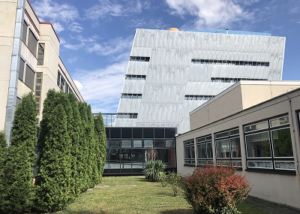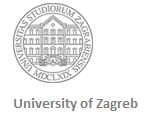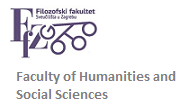Home » 7. semestar – NASTAVNIČKI SMJER – jednopredmetni
Category Archives: 7. semestar – NASTAVNIČKI SMJER – jednopredmetni
Second Language Asquisition
Course title: SECOND LANGUAGE ACQUISITIONInstructors: Asst. Prof. Renata GeldECTS credits: 4Status: mandatory for MEd in English students; elective for other graduate English Studies studentsSemester: VIIEnrollment requirements: noneCourse description: SLA as an interdisciplinary field; a historical overview of research in the field; theories of SLA; models of language processing (with special focus on models of bilingual […]
Practicum 1 (7th sem)
Course title: PRACTICUM 1Instructors: Asst. Prof. Renata Geld, Mihajla Ćavar PortolanECTS credits: 2Status: mandatorySemester: VIIEnrollment requirements: noneCourse description: Classroom observation. Roles of the observer. Observation difficulties. Observation foci. Observation instruments. Recording teaching events. Reflection on observed classrooms. Designing teacher profiles.Objectives: Students will develop skills of focused and reflective classroom observation. They will also develop an […]
Glottodidactics
Course title: GLOTTODIDACTICSInstructors: Asst. Prof. Renata Geld; Dr Stela Letica KreveljECTS credits: 5Status: mandatory for MEd in English students; elective for other graduate English Studies studentsSemester: VIIEnrollment requirements: noneCourse description: FLT as an interdisciplinary field; FLT as applied linguistics; impact of insights from other disciplines (linguistics, psychology, psycholinguistics, sociolinguistics, educational sciences) on FLT; historical overview […]



